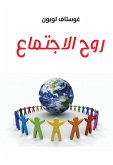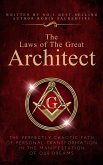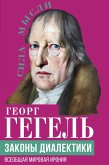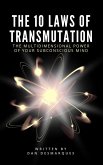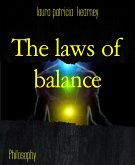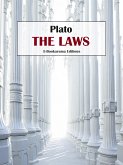The second part of the book "The Spirit of Laws" deals with the connection between laws and the principles that make up the public spirit, natures, and conditions in the nation. The public spirit of the nation is the sum of the factors that control the people, including territory, religion, laws, principles of government, customs, and attitudes, the influence of which varies. On legislating and enacting laws, some of these factors affect laws, while others are subject to them. Montesquieu was a French judge, man of letters, and philosopher, and one of the most important philosophers of the Enlightenment. He was the first to call for the application of a system of separation of powers. He was one of the most prominent advocates of freedom, tolerance, moderation, the application of constitutional government, and the rejection of authoritarian rule. His ideas had clear effects in most of the constitutions of democratic and liberal countries. In 1734 AD, he published a book entitled "Universal Monarchy," in which he divided the peoples into northern and southern. In 1748, this book was published in Geneva in 31 parts, and it became one of the most important references in political science.
Dieser Download kann aus rechtlichen Gründen nur mit Rechnungsadresse in A, B, BG, CY, CZ, D, DK, EW, E, FIN, F, GR, H, IRL, I, LT, L, LR, M, NL, PL, P, R, S, SLO, SK ausgeliefert werden.




